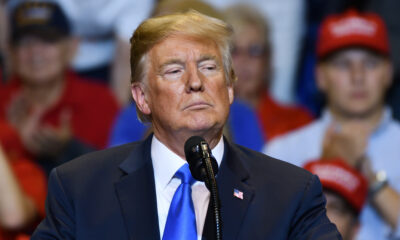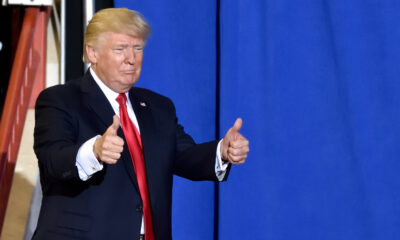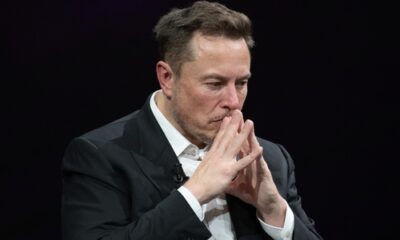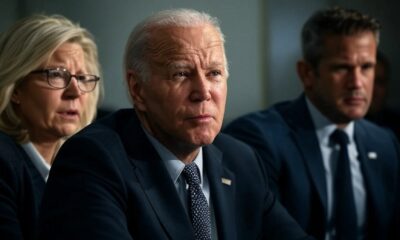Too Little, Too Late: Biden Hikes Tariffs On Chinese Imports Amid Tight Election Race
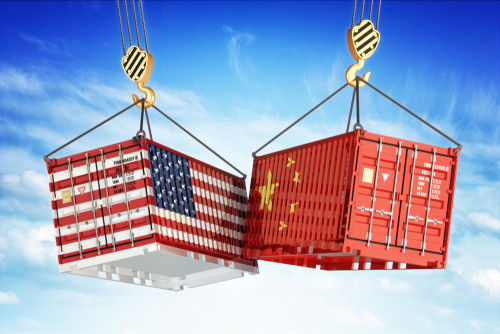
President Joe Biden has significantly increased tariffs on imports of Chinese products, including steel, electric vehicles, and other goods, in an effort to safeguard American businesses and jobs as he faces a close race against former President Donald Trump in key battleground states like Pennsylvania.
The tariff hikes, which target $18 billion in Chinese imports across specific industries, build upon the Trump administration’s policies implemented in 2018. Biden emphasized the need for fair competition, stating that American workers “can outwork and outcompete anyone, as long as the competition is fair.”
The move comes amid a tight presidential race, with both candidates vying for support from crucial constituencies such as union workers in states like Pennsylvania. Trump has pledged to implement a 10% across-the-board tariff on imports and a 60% duty on Chinese products if re-elected.
Frank Maisano, a founding partner at Bracewell Policy Resolution Group, described the situation as a “battle of who can be tougher on China right now,” noting that it plays to the constituency both candidates are seeking, particularly union rank-and-file members.
The White House aligned the tariff hikes with Biden’s “historic investments” and job creation efforts in sectors such as manufacturing, health care, energy, and technology. National Economic Adviser Lael Brainard highlighted the impact of China’s unfair practices on communities in states like Michigan and Pennsylvania.
Several labor groups, including the United Auto Workers and the United Steelworkers union, expressed support for Biden’s plan, viewing it as a step in the right direction to protect domestic producers and workers from China’s trade policies.
However, some economists, industry leaders, and lawmakers on both sides of the aisle raised concerns about the potential impact of tariffs on consumer prices and supply chains, particularly in sectors with limited domestic production.
As the election approaches, the debate over trade policy and the best approach to counter China’s economic practices is likely to remain a central issue, with both candidates vying to demonstrate their commitment to protecting American jobs and industries.


